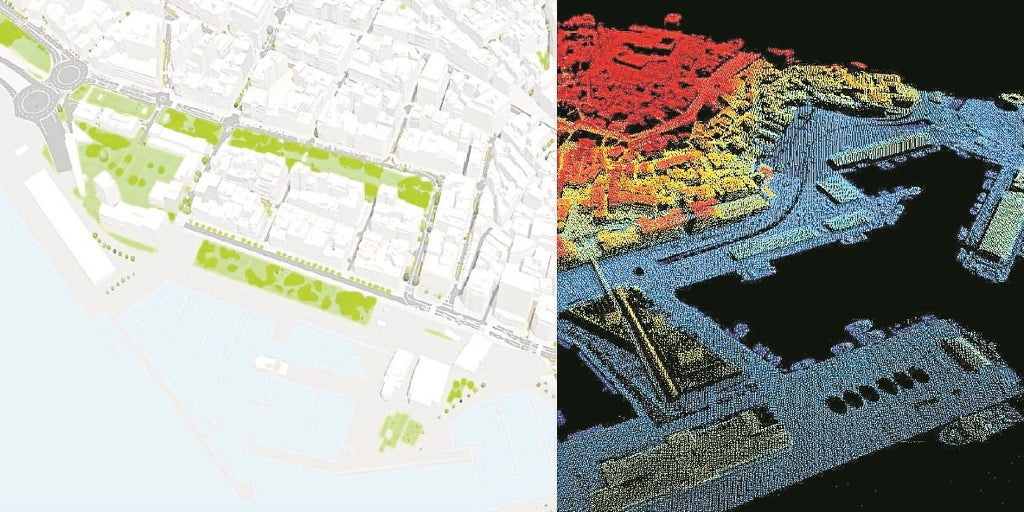Spain's Delicate Dance: Supporting Palestine While Relying on Israeli Tech - A Balancing Act?

Following the devastating Hamas attack on October 7, 2023, the Spanish government, led by Pedro Sánchez, swiftly declared a suspension of all military ties with Israel. However, a year and a half later, a complex reality has emerged: Spain's reliance on Israeli technology remains undeniable, raising questions about the viability of a complete boycott.
The initial announcement was met with widespread praise from pro-Palestinian groups and aimed to demonstrate solidarity with the Palestinian cause. Sánchez framed the decision as a necessary response to the escalating violence and a commitment to upholding international law. Yet, the subsequent attempts to sever ties have encountered significant practical hurdles. Spain, like many Western nations, utilizes Israeli technology in various sectors, including cybersecurity, defense, and intelligence. Replacing these systems with alternatives has proven to be a costly and time-consuming endeavor.
Sources within the Spanish government have privately acknowledged that a complete decoupling from Israeli technology is “inviable” in the short to medium term. This admission highlights the complexities of navigating geopolitical pressures while maintaining operational efficiency and national security. The government faces a challenging dilemma: upholding its stated principles while acknowledging its dependence on a nation facing international scrutiny.
The Technological Interdependence: A Closer Look
The extent of Spain's reliance on Israeli technology is not always publicly disclosed, but experts point to several key areas where it is significant. Cybersecurity is a major concern, with Israeli firms providing critical infrastructure protection and threat intelligence. In the defense sector, Israeli-made drones and surveillance equipment are reportedly used by Spanish law enforcement and border patrol agencies. Furthermore, Israeli companies play a role in Spain's intelligence gathering capabilities.
Economic and Strategic Considerations
Beyond the technological aspects, economic and strategic factors further complicate the situation. Replacing Israeli technology would require substantial investment and potentially compromise Spain's security capabilities. Moreover, Spain’s relationship with the United States, a key ally, is intertwined with its approach to Israel. A drastic shift in policy could strain these relationships and have broader geopolitical implications.
The Ongoing Debate and Future Prospects
The government's position has drawn criticism from both sides of the political spectrum. Opposition parties accuse Sánchez of hypocrisy and failing to deliver on his promises. Pro-Palestinian activists, while appreciating the initial gesture, argue that more concrete action is needed to pressure Israel to end the occupation and address human rights concerns.
Looking ahead, Spain's approach to its relationship with Israel is likely to remain a subject of intense debate. The government will need to carefully balance its commitment to human rights with its national security interests and economic realities. Finding a sustainable path forward will require transparency, strategic planning, and a willingness to engage in constructive dialogue with all stakeholders.
The situation underscores a broader challenge for many Western nations: reconciling their values with their dependence on technology from countries facing ethical and political concerns. Spain’s experience provides a valuable case study for navigating this complex landscape.






